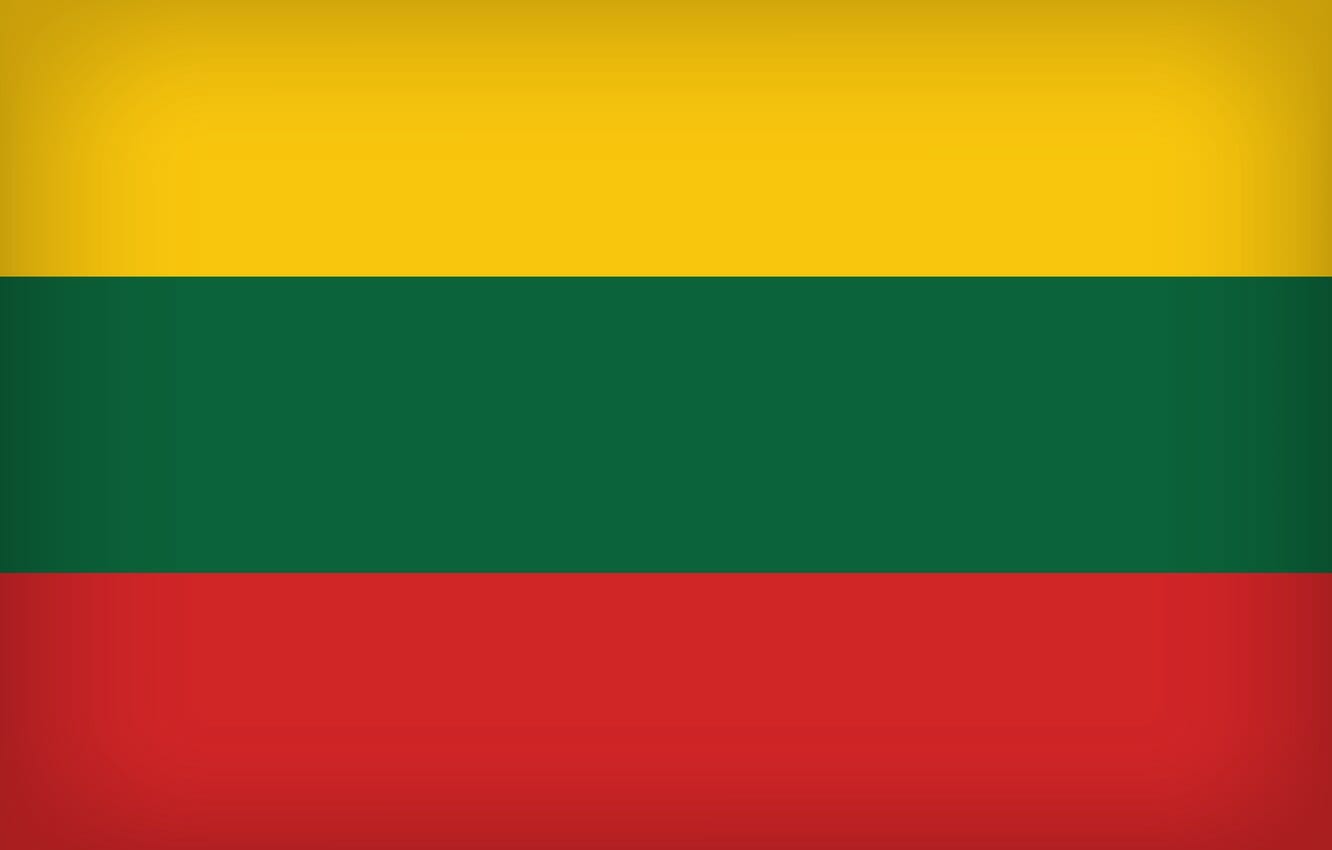AT A GLANCE
Lithuanian authorities have increased the salary level for EU Blue Card applications to EUR 1,933.50 gross per month, up approximately three percent from the April 2019 increase.
For salaries over EUR 3,867 gross per month, labor market testing and the Employment Agency Decision step are waived.
The Situation
Effective immediately, the minimum monthly gross salary for EU Blue Card applicants in Lithuania has increased to EUR 1,933.50 (1.5 times the average monthly salary of EUR 1,289), up approximately three percent from the last increase in April 2019.
The exchange rate at the time of the publication of this alert is 1 EUR to 1.1 USD.
A Closer Look
- Existing employees. Employers of foreign nationals currently under an EU Blue Card must increase the foreign national’s salary to comply with the new rule.
- Initial and renewal applications. Employers of foreign nationals seeking to obtain or renew an EU Blue Card on or after November 19, 2019 must increase the foreign national’s salary to comply with the new rule. Immigration applications that do not meet the minimum salary will be refused.
- Pending applications. Employers of foreign nationals with pending EU Blue Card applications as of November 19, 2019 must increase the foreign national’s salary to comply with the new rule. Immigration applications that do not meet the minimum salary will be refused.
- Waiver of application steps. Applicants with salaries over EUR 3,867 gross per month are exempt from labor market testing, which can save two to four weeks in the application process.
Reminders on other requirements
- Quarterly increases. As a reminder, the EU Blue Card salary threshold is based on the national average monthly wage, which steadily increases every quarter. Employers are advised to regularly check the applicable salary threshold and maintain a safe margin when determining EU Blue Card applicants’ salaries.
- Benefits and allowances. As before, benefits and allowances cannot be included in the minimum salary calculation.
- Payment frequency. As before, the salary must be paid at least twice a month, or may be paid monthly at the foreign worker’s written request.
- Payment details confirmed in writing. As before, the timing, place and procedure of salary payment must be specified in collective agreements or in the employment contract.
Background
Although salary thresholds for foreign workers in Lithuania typically increase by five to 10 percent, national average salaries have been rising at a faster pace in line with a growing economy. As a result, the EU Blue Card salary threshold, which is tied to the national average monthly salary which steadily increases every quarter, was raised 33 percent in April 2019 due to a major tax overhaul implemented in January 2019 that consolidated employer wage-related taxes into a single amount.
Looking Ahead
We expect salary thresholds in Lithuania to continue rising at accelerated rates, as the salary thresholds under all work authorization types are linked to the national average salary which is increasing at a fast pace.
Additionally, we expect Lithuanian authorities to continue to streamline the immigration process in line with the recent move to an online temporary residence permit application system.
Should you have any questions or for case specific information, please contact a Wolfsdorf Rosenthal immigration attorney or email the WR Global Immigration team Global@Wolfsdorf.com


